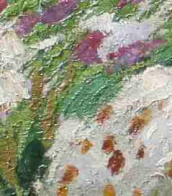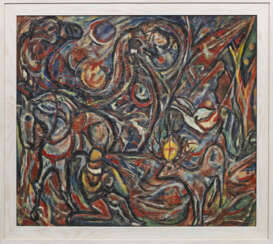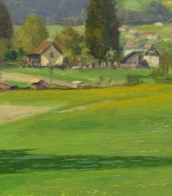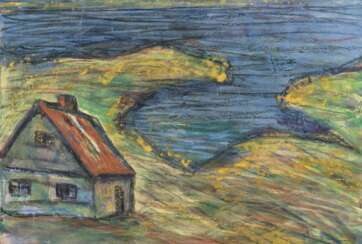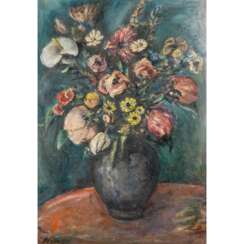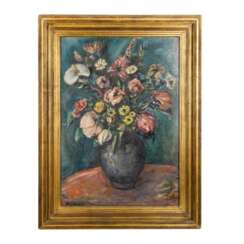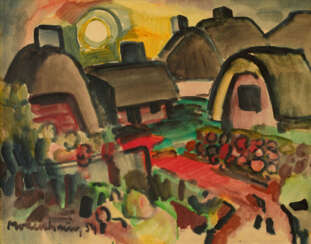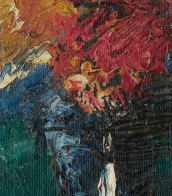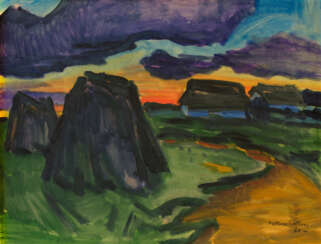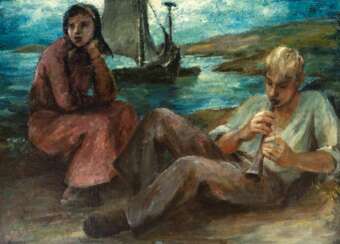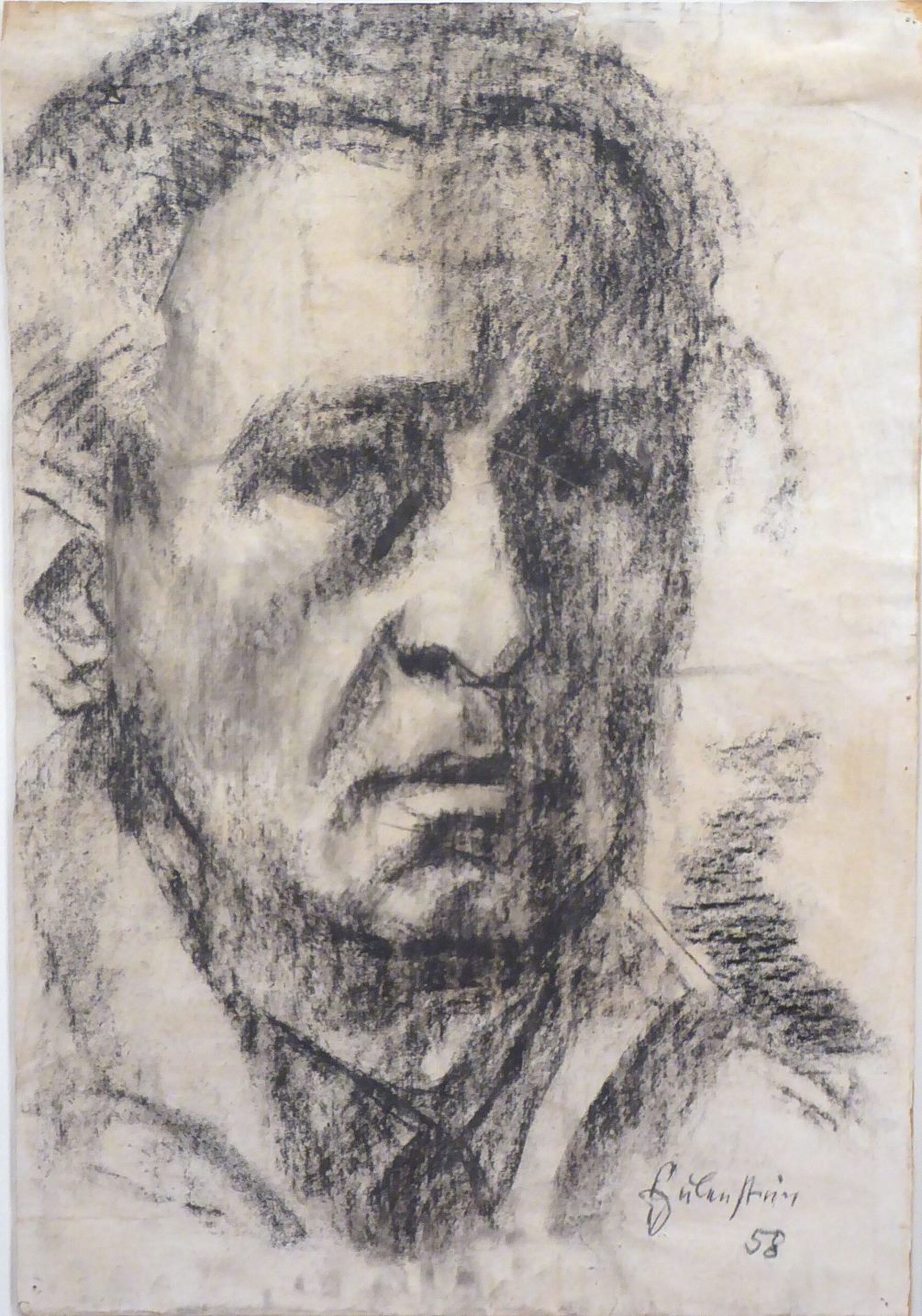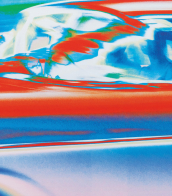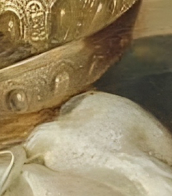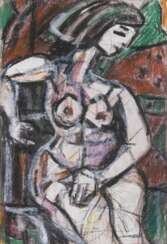arthur degner

Arthur Degner was a German painter, graphic artist and sculptor. Degner studied between 1906 and 1908 at the Art Academy in Königsberg under Ludwig Dettmann and Otto Heichert. In 1909 he came to Berlin after a stay in Munich. In 1912 he exhibited in the gallery of Paul Cassirer, at whose suggestion he had traveled to Paris in 1910. In 1919 he became a board member of the Free Secession, of which he had been a member since 1911. In 1920 he was appointed to the Königsberg Academy. In 1925 he returned to Berlin, where he taught at the Academy of Fine Arts (HBK). From 1931 to 1933 he was chairman of the Berlin Secession. After the National Socialists seized power, he was banned from working and exhibiting. Nevertheless, the Villa Romana Prize of the German Association of Artists enabled him to study in Florence in 1936 and in 1937 he became a member of the Association of Berlin Artists.
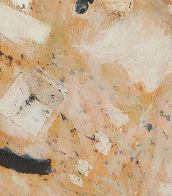

Arthur Degner was a German painter, graphic artist and sculptor. Degner studied between 1906 and 1908 at the Art Academy in Königsberg under Ludwig Dettmann and Otto Heichert. In 1909 he came to Berlin after a stay in Munich. In 1912 he exhibited in the gallery of Paul Cassirer, at whose suggestion he had traveled to Paris in 1910. In 1919 he became a board member of the Free Secession, of which he had been a member since 1911. In 1920 he was appointed to the Königsberg Academy. In 1925 he returned to Berlin, where he taught at the Academy of Fine Arts (HBK). From 1931 to 1933 he was chairman of the Berlin Secession. After the National Socialists seized power, he was banned from working and exhibiting. Nevertheless, the Villa Romana Prize of the German Association of Artists enabled him to study in Florence in 1936 and in 1937 he became a member of the Association of Berlin Artists.
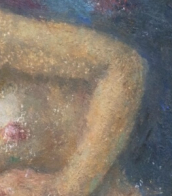

Arthur Degner was a German painter, graphic artist and sculptor. Degner studied between 1906 and 1908 at the Art Academy in Königsberg under Ludwig Dettmann and Otto Heichert. In 1909 he came to Berlin after a stay in Munich. In 1912 he exhibited in the gallery of Paul Cassirer, at whose suggestion he had traveled to Paris in 1910. In 1919 he became a board member of the Free Secession, of which he had been a member since 1911. In 1920 he was appointed to the Königsberg Academy. In 1925 he returned to Berlin, where he taught at the Academy of Fine Arts (HBK). From 1931 to 1933 he was chairman of the Berlin Secession. After the National Socialists seized power, he was banned from working and exhibiting. Nevertheless, the Villa Romana Prize of the German Association of Artists enabled him to study in Florence in 1936 and in 1937 he became a member of the Association of Berlin Artists.





